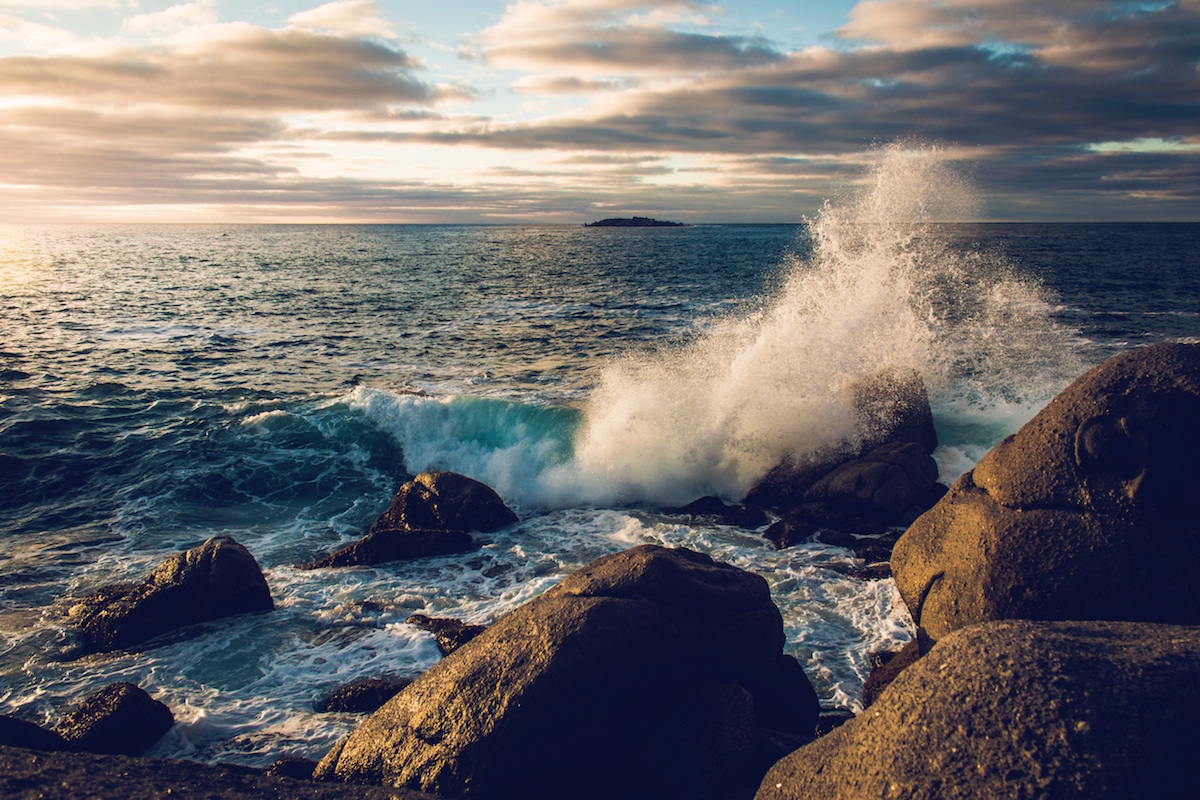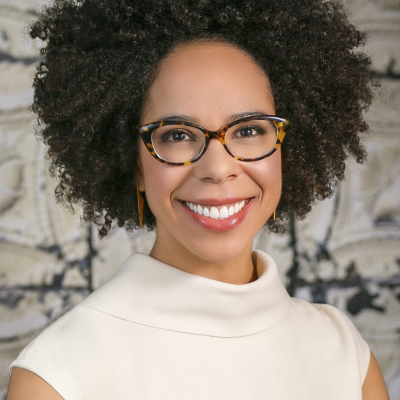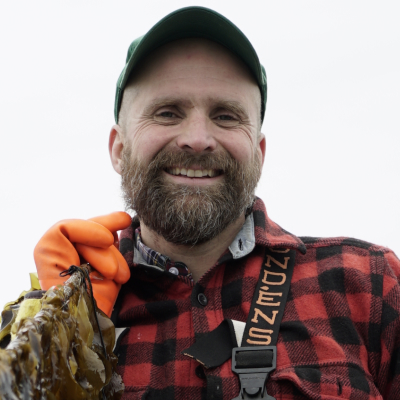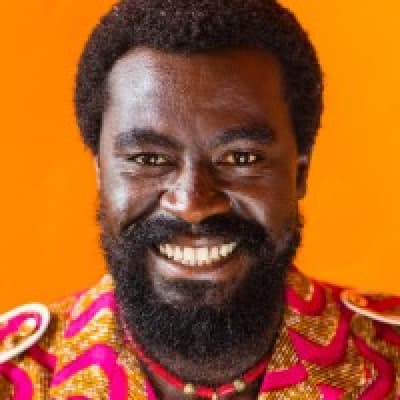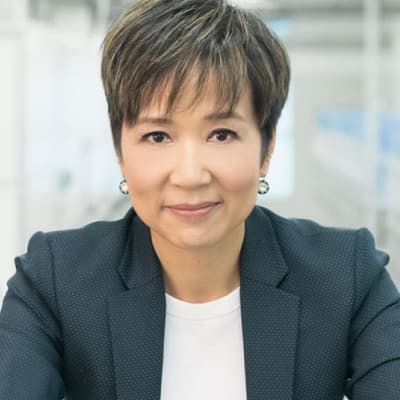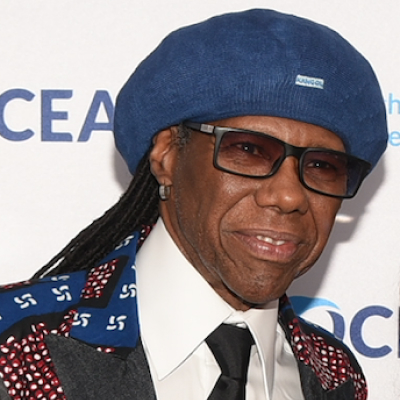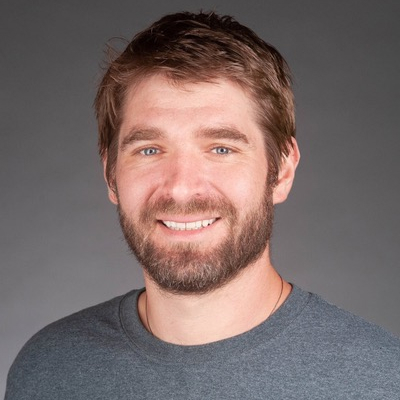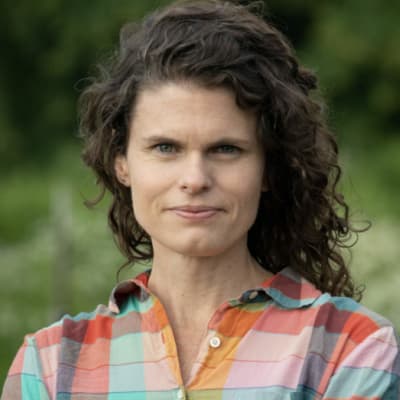My earliest memories are of the ocean. Summer days spent splashing around the eastern end of Long Island and sculpting sandcastles beneath a fading afternoon sun. As I dove into the Atlantic’s mighty waves and dug deep into the sand, my imagination would ebb and flow alongside the sea. Even then, as a young girl, I understood the power of these waters.
This love of the ocean remained strong into adulthood. When I began to fully understand the importance they held for human and planetary health, I moved from ocean lover to ocean advocate. My awakening came from Elizabeth Kolbert’s article ‘The Darkening Sea,’ in which she detailed how climate change causes ocean acidification and the disintegration of calcium-based shell life, a vital part of the ocean food web.
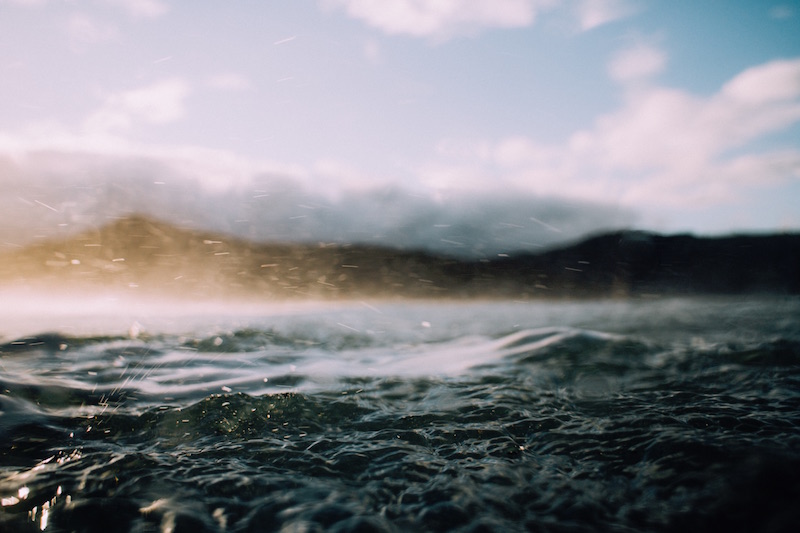
Concerned, I co-produced a film with Barbara Ettinger and Sven Huseby called A Sea Change: Imagine a World With No Fish. I also joined the board of Oceana, the largest international advocacy organization focused solely on ocean conservation, and started a line of jewelry to inspire conversations about the sea. Many years later I directed Mission of Mermaids, which linked the myth of the mermaid to ocean health. This free, fifteen-minute film trailer my love letter to the ocean – educates and inspires audiences to be stewards of the ocean. Using the mermaid as metaphor, the film emphasizes the ocean’s need to rest and recover from constant stressors such as pollution and overfishing.
No matter where we live, the oceans play a vital role in our global and personal health. Each year, the United Nations Conference of the Parties in Paris (COP 21) brings together some of the world’s most important leaders and made headlines for reaching a global climate agreement. This year, the UN will be hosting its own conference, dedicated solely to the oceans on World Oceans Day, June 8th. Through taking a leadership role and bringing oceanic issues to the forefront of global political conversation, the UN is underscoring the concept that if each country works diligently to save the ocean, we can make immense progress.
What is clear in such global communications is the importance and interconnections needed to develop and enact complex strategies to not only save the ocean, but also feed the world. Reimagining how we use and protect our resources can have a direct impact on today’s biggest challenges including: climate change, food security, poverty reduction, and quality of life for all.
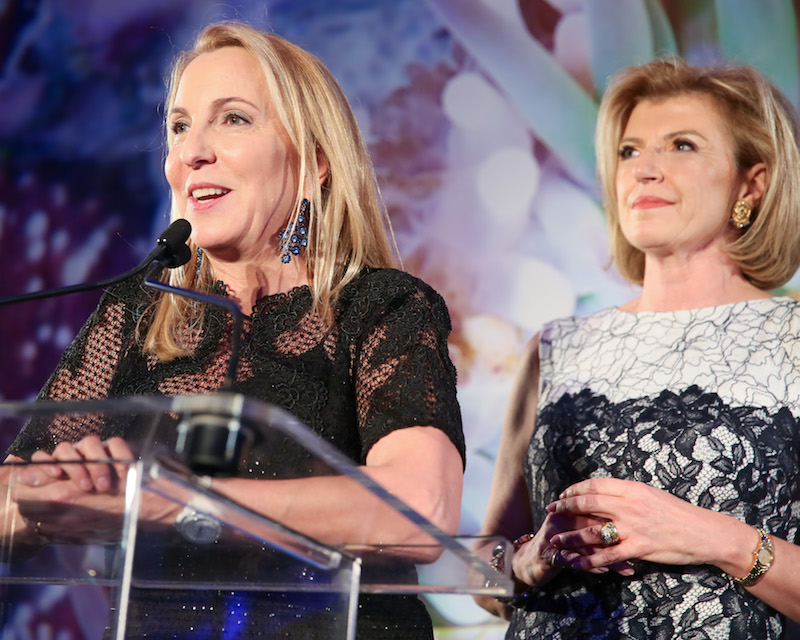
Susan Rockefeller and Violane Bernbach at the New York Oceana Gala 2016
The reason I choose to support Oceana is that they work country-by-country to enforce fishing regulations, minimize by catch, and protect fish habitats. One exciting initiative is through a partnership with Oceana, Google and SkyTruth to amplify technology’s role in creating transparency for monitoring fishing vessels. Together we’ve developed Global Fishing Watch, a game-changing program launching in 2016. Global Fishing Watch allows for an open source surveillance of the ocean and activity, which will result in increased accountability for those that directly affect the ocean on a daily basis, especially vessels that may fish in illegal waters. I believe it is this fusion of technology, citizen involvement, and working together that will bring the ocean back to abundance.
We can only save what we love and understand, and the more we know about the ocean, the more we will want to help save it.
You can dream big and start small by working with a local group to limit plastic pollution, participating in a beach clean up, or even driving less and walking more. I encourage everyone to become part of the global ocean family by joining Oceana and becoming a Wavemaker. If we all come together and use our voices, we will make a significant difference.
Small ripples can create big waves of change.
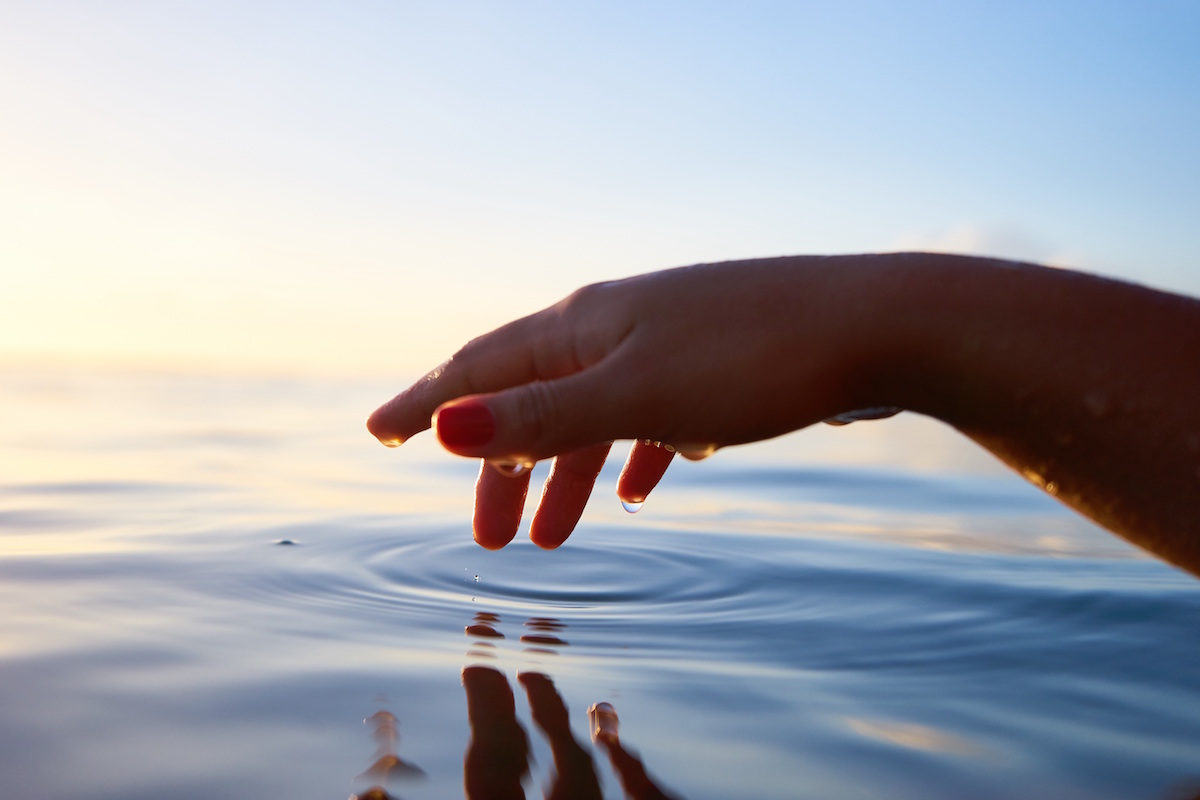
View the original article on Virgin.com

